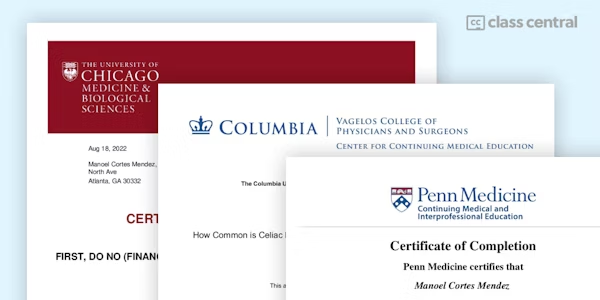During the five weeks of our course you will look into some of the most interesting and important areas of contemporary bioethics. This course, unlike other courses in bioethics, is primarily directed towards students reading biomedicine and not only medical educations leading to a certain profession, like physicians, nurses, physiotherapists etc. The latter students often have ethical codes specific to their profession. Moreover, much of their ethical training is about ethical problems that arise in the relationship between health care professional and patient. This course is directed to the students who have scientific biomedical training as their main focus. Such students often end up in development and research or at biomedical laboratories. However, they encounter ethical questions in their professional lives as well.
Here are a few examples of the ethical questions that will be addressed during the course:
How should we use animals or humans in biomedical research? For instance, what level of risk for harm is allowed? What are the rights of privacy or autonomy of patients or research subjects?
How should we distribute the benefits and burdens of medical interventions locally and globally?
What medical tests should healthcare offer? Are the certain tests, for instance genetic tests, that should not be offered at all?
Who should get access to genetic information about an individual that results from a genetic test? Insurance companies? Employers? Researchers? Relatives?
Should we use medical interventions only to cure disease or also to improve the functioning of already healthy individuals?
In order to tackle these questions in a fruitful way, basic concepts and tools from ethics in general and bioethics in particular is an integral part of the course.
Here are a few examples of the ethical questions that will be addressed during the course:
How should we use animals or humans in biomedical research? For instance, what level of risk for harm is allowed? What are the rights of privacy or autonomy of patients or research subjects?
How should we distribute the benefits and burdens of medical interventions locally and globally?
What medical tests should healthcare offer? Are the certain tests, for instance genetic tests, that should not be offered at all?
Who should get access to genetic information about an individual that results from a genetic test? Insurance companies? Employers? Researchers? Relatives?
Should we use medical interventions only to cure disease or also to improve the functioning of already healthy individuals?
In order to tackle these questions in a fruitful way, basic concepts and tools from ethics in general and bioethics in particular is an integral part of the course.




